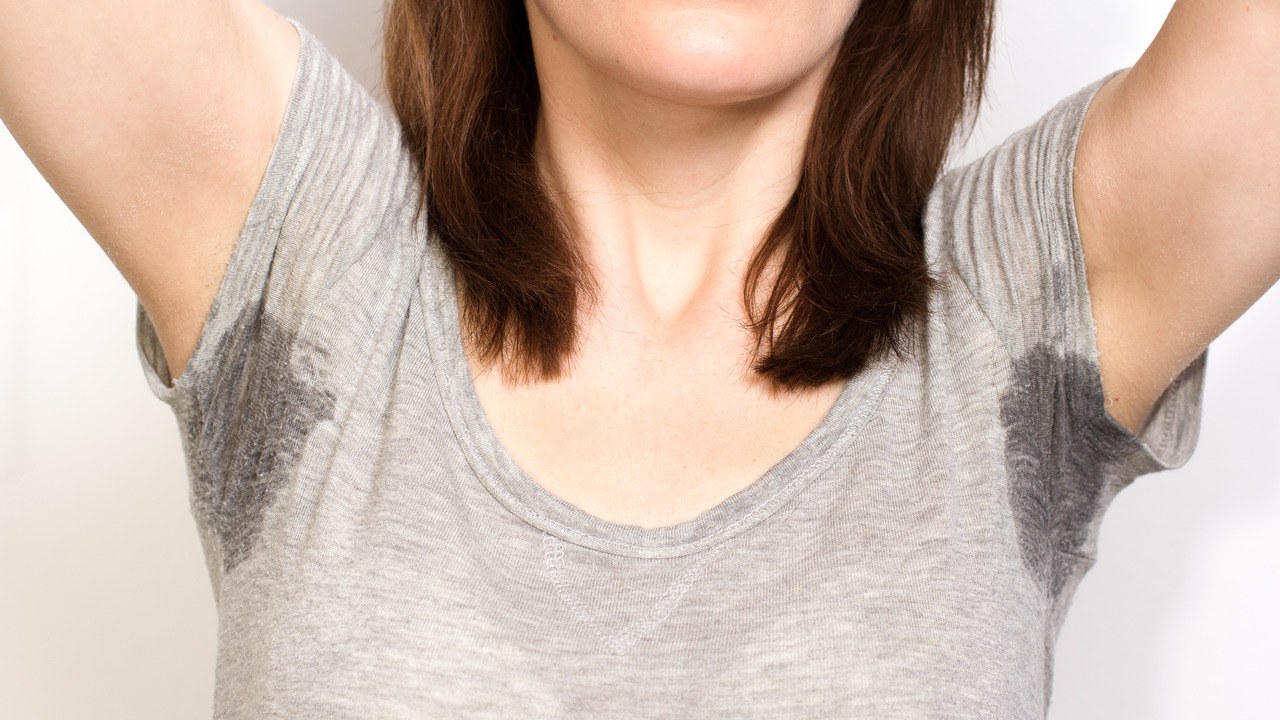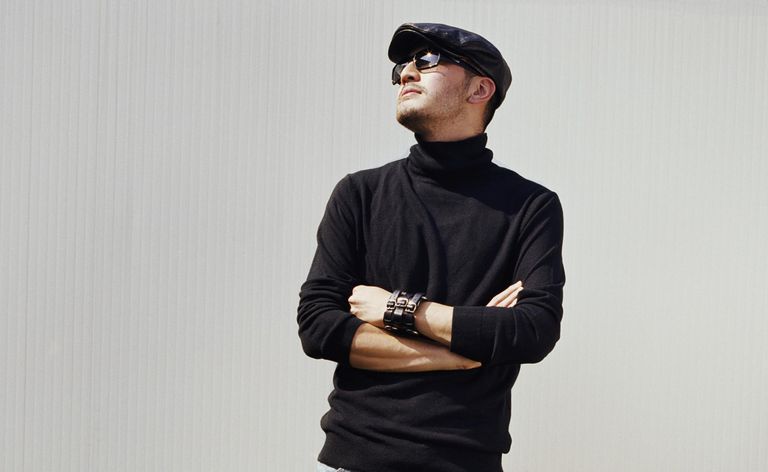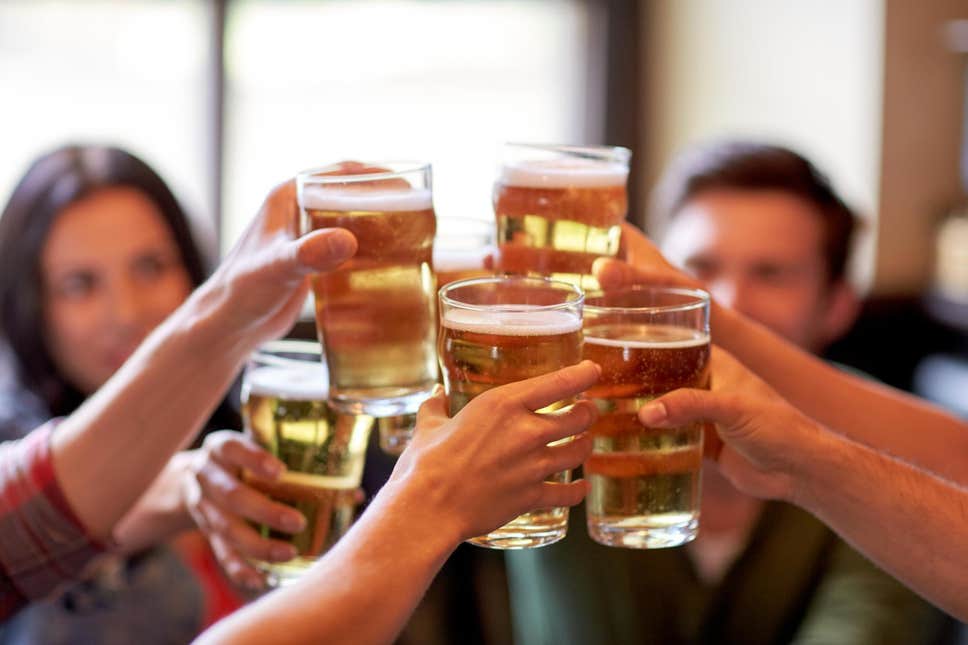Having a problem with Mosquito? Here are some things that you are surely doing wrong which attracts more Mosquito near you.
Breathing

Now, you’ve probably heard that mosquitoes find their human targets by our exhaled breaths and that’s true. But there’s even more to it than that. What they’re attracted to isn’t that “lingering tuna sandwich” you ate earlier but rather the carbon dioxide you breathe out, that’s part of your normal metabolism.
Scientists think that there are two ways CO2 increases your odds of getting bit:
1.) It ‘activates’ the mosquito, meaning it triggers them to fly more quickly.
2.) It’s an attractant. Scientists think they use it to it orient themselves to the source of the gas with the help of air currents, though they only seem to do this when it’s released in bursts.
Carbon dioxide is such a big part of how mosquitoes find their targets that they have three types of smell-sensing cells in their mouth parts that can detect it. They’re called Gr1, Gr2, and Gr3.
In a 2014 study published in the journal Cell, scientists showed just how important these cells are by creating genetically modified Aedes aegypti mosquitoes whose Gr3 sensory cells didn’t work.
Those modified mosquitoes no longer got all excited when CO2 was puffed into the air. And, they were about 15% worse than their unmodified relatives at hunting out a person in a large, enclosed area.
But what’s even more interesting was that the mosquitoes lacking their Gr3 cells were also no longer attracted to other cues that help them find hosts. That suggested that carbon dioxide might actually have a third role as a gatekeeper of sorts for other attractants. And that makes sense because it’s a pretty good indicator of animal life.
Things that make you breathe more or more deeply could increase your attractiveness to mosquitoes, things like, for example, pregnancy.
Sweat

Although moisture is an attractant for them, what they’re mostly sensing is how you smell. Many of the chemicals in your sweat are considered volatile compounds, meaning they can easily turn into a vapor. This includes things like lactic acid, amines, sulfides, and carboxylic acids. And most of these are formed by the communities of bacteria that live on your skin.
So part of the mosquito magnet equation has to do with these bacterial communities. People who have more skin-dwelling bacteria have been shown to be more attractive to African malaria mosquitoes, for example.
In a 2001 study in the journal Chemical Senses, researchers took sweat samples from 4 volunteers and ranked them from most loved by mosquitoes to least loved. The popular people were always popular: mosquitoes consistently buzzed to their samples, even though they were collected on 28 different days over the course of a year. And that seemed to be because of lactic acid. The most attractive sweat had between three and five times more of it than the least attractive. To test this idea, the researchers added lactic acid to samples that weren’t that attractive, and low and behold, the mosquitoes suddenly thought those sweats are great.
More than 3 times as many mosquitoes chose an altered sweat sample over their previous favorite. And that might have something to do with a special lactic acid sensor in a mosquito’s antenna called Ionotropic Receptor 8a, or just Ir8a for short.
When scientists genetically engineered mosquitoes to have a messed up Ir8a receptor, most didn’t fly towards samples of sweat containing lactic acid in a wind tunnel or towards sweaty human subjects.
And while there’s some evidence that exercise raises lactic acid levels in a person’s sweat, in the end, it really comes down to how smelly you are. And that comes down to a complex mix of your genetics, microbiome, and hygiene behaviors.
Mosquito-Borne Disease

Every bite has the potential to pass along mosquito-carried infections too. Nasty stuff like encephalitis, West Nile virus, yellow fever, and, of course, malaria.
But what’s even more disturbing is that these pathogens seem to change something about people to make them more attractive to the mosquitoes that spread them around. For example, a 2005 study in PloS ONE found that more mosquitoes were attracted to kids carrying the transmittable stage of malaria than to kids who had been naturally infected with a non-infective stage or those who weren’t infected at all. These differences disappeared when they treated all the kids with an antimalarial, so the children’s individual mosquito attractiveness wasn’t at play.
The big question is what the pathogen is changing to make the person it’s infecting more attractive. Scientists think it ultimately comes down to odor, and a 2014 study using mice backed up that hypothesis. Researchers collected odor samples from both infected and non-infected mice over the course of malaria infection. During the later stages of infection, when the parasite is transmittable, the mice produced more smelly chemicals than in the early, non-transmittable stages. And were more attractive to the mosquitoes. And when researchers created different mixes of those chemicals and applied them to healthy mice, those mice also became mosquito magnets.
The scientists were eventually able to figure out which chemicals were drawing the mosquitoes in:
- 3-methyl butanoic acid
- 2-methyl butanoic acid
- Hexanoic acid
- Tridecane
Still, it shows there are infection-related changes that lure mosquitoes in. And that means studies involving humans might be able to figure out exactly how these infections make us more prone to bites.
Dark-colored clothes

A bunch of studies dating all the way back to the 1900s has shown that mosquitoes love to land on dark-colored surfaces. Everything from painted barn roofs to boxes and, of course, clothing.
One of the earliest studies from 1947 had a guy stand in a mosquito-infested room wearing either a black, white, green, red, yellow, blue or tan shirt, while the researcher counted how many mosquitoes landed on him. Black, blue and red were the most attractive to mosquitoes — they didn’t care as much for yellow or white.
A later study from the early 1980s using differently-colored funnel traps found the same thing. It also found that how much light reflected off the cloth determined how attractive the traps were. Basically, mosquitoes like things that aren’t super reflective.
Also, the mosquitoes seemed to like shorter wavelengths of light, in the 400 – 600 nanometer range. Basically, violet to orange colors, while anything with a wavelength over 600 nanometers was pretty much a no go. So, you could opt for a light-colored outfit or anything reflective.
Drinking alcohol

I’ve got some bad news for those summer barbecues: turns out that if you’re drinking booze, you’re probably making yourself more of a mosquito target.
A 2002 study, published by the American Mosquito Control Association, found that more mosquitoes landed on subjects after drinking a glass of beer than before.
But, the researchers couldn’t pinpoint why. Their first thought was changed to skin temperature, since mosquitoes sense and are attracted to heat. Or, that the animals literally like the smell of alcohol. The trouble is, they didn’t find any links between how many mosquitoes landed on the people and how warm they were or how much ethanol they had in their sweat.
A study in 2010 backed up the beer-increases-attractiveness finding. And again temperature didn’t seem to be a mediating factor. In fact, on average, people were colder after drinking. That led the researchers back to this idea of smell. But it wasn’t the smell of ethanol itself, they argued.
Rather, they suggested that as alcohol metabolizes, it increases other chemicals in a person’s breath or sweat that make them a tastier-smelling target. Though it’s not clear what these other chemicals are.
They also hypothesized that mosquitoes could have evolved to seek out these particular aromas because they indicate lower physical defenses. Basically, booze makes you less coordinated, so you are bad at slapping the mosquito.
Conclusion
In the end, you cannot completely take yourself off a mosquito’s radar, without bug repellent. But you can make yourself a little less tempting like, by wearing the right clothes, or being the Designated Driver.



